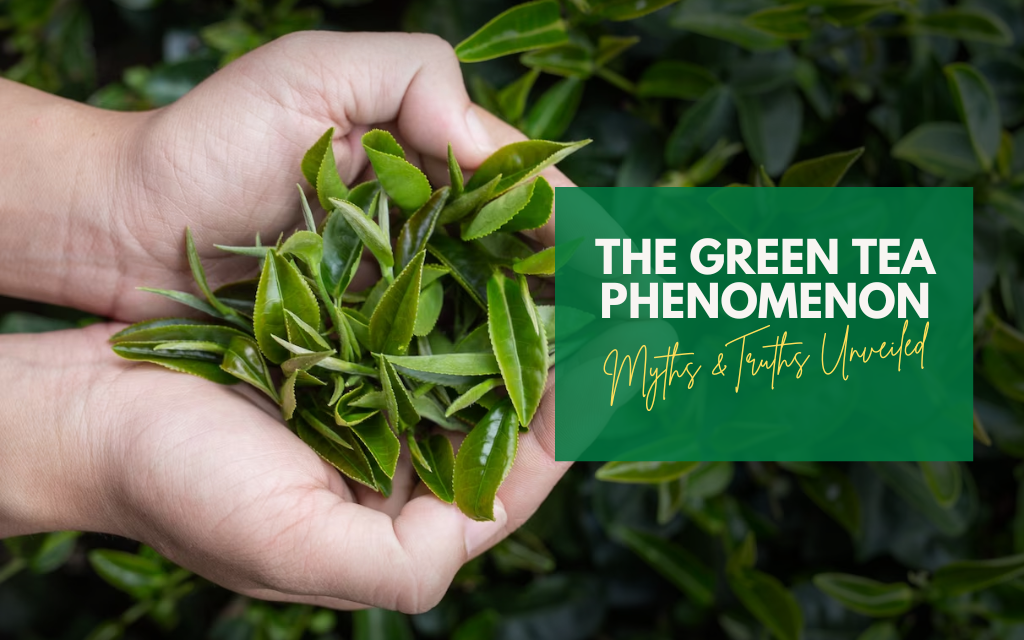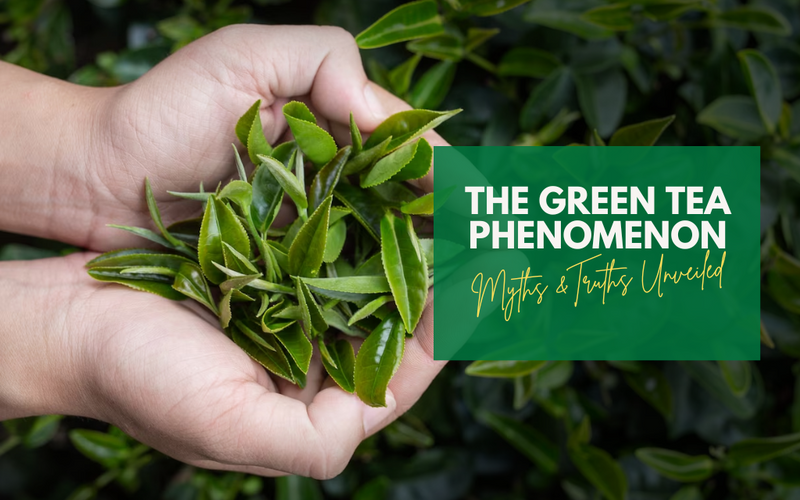Yes, white tea does contain caffeine, although typically less than black or green tea. This variety of tea offers a delicate flavor sought after by tea enthusiasts.
White tea, recognized for its subtle taste and natural sweetness, derives from the young leaves and buds of the Camellia sinensis plant. Cultivated primarily in China, particularly in the Fujian province, white tea undergoes minimal processing, which helps preserve its antioxidants and nutrients.
Unlike black or oolong teas, white tea is neither rolled nor oxidized, resulting in a light, refreshing brew that carries a lower caffeine content, making it an attractive choice for those seeking a milder stimulant effect. Its caffeine content, while varying, usually ranges from 15 to 30 milligrams per cup, a factor that can influence those looking to manage their caffeine intake.

White Tea Origins And Varieties
The roots of white tea are deep in history. Grown in the Fujian province of China, this tea is famed for its delicate flavors. Tea farmers pick these leaves while they’re still young. This tea gets its name from the fine white hairs on the buds.
Different types of white tea include:
- Silver Needle: Made from the finest unopened buds, it is top-grade white tea.
- White Peony: This includes both buds and leaves, offering a richer flavor.
- Long Life Eyebrow: Made from leftover buds and leaves after the first harvests.
- Tribute Eyebrow: It’s a more processed form, known for its curved leaf shape.

White Tea Caffeine Content
White tea does contain caffeine, often less than its black and green counterparts. Compared to coffee, white tea offers a fraction of caffeine, making it a gentler pick-me-up.
| Tea Type | Caffeine Content |
|---|---|
| White Tea | 15-30 mg per cup |
| Green Tea | 20-45 mg per cup |
| Black Tea | 40-70 mg per cup |
| Coffee | 95-200 mg per cup |
The caffeine level in white tea can vary due to several factors. These include the type of white tea, its growing conditions, and how it’s brewed. Young tea buds tend to hold more caffeine than mature leaves. So, selecting and preparing your tea significantly influence its caffeine content.
Health Implications Of Caffeine
Caffeine boosts energy and alertness, making it a popular choice for many. Studies suggest it may also reduce risk of certain diseases. For instance, caffeine’s potential to improve brain function is impressive, possibly warding off Alzheimer’s and Parkinson’s diseases. Notably, it enhances physical performance by increasing adrenaline levels and releasing fatty acids from fat tissues.
On the flip side, caffeine can cause anxiety, insomnia, and digestive issues for some individuals. Sensitivity varies greatly; while one person may handle several cups of white tea, another might feel jittery with just one. Heart palpitations and restlessness are among reported side effects, particularly for those with a low tolerance. It’s crucial to monitor personal caffeine intake and adjust consumption accordingly.
Brewing Methods And Their Impact
The brewing time has a key role in determining caffeine levels in white tea. A short steep will generally yield a lower caffeine concentration. If left to brew for longer, more caffeine will be extracted, making the tea stronger in both flavor and caffeine content.
Steeping white tea for 1-2 minutes results in about 15-20 milligrams of caffeine. Meanwhile, a 3-5 minutes brew can escalate the caffeine to 25-30 milligrams. Use this as a guide to tailor your tea’s strength.
It’s not just time that affects caffeine; water temperature plays a part too. Hotter water can pull out caffeine faster than cooler water. But, white tea is best brewed with water not at boiling point to avoid bitterness.
Myths Vs. Reality: White Tea And Caffeine
Many believe that white tea is caffeine-free, but this is incorrect. Scientific studies confirm the presence of caffeine in white tea. The caffeine content varies, often ranging between 15 to 30 milligrams per cup. The actual amount can depend on several factors, including processing methods and steeping time.
The misconception possibly arises from white tea’s delicate processing. White tea leaves are minimally processed. They are picked and dried quickly, hence the belief that they retain less caffeine. Yet, the young leaves and buds used for white tea are where caffeine concentration is naturally higher in the tea plant. Thus, while subtler in flavor, white tea indeed contains caffeine, challenging the common myth of it being a caffeine-free option.
Choosing The Right White Tea
White tea does contain caffeine, though its levels vary. To choose a white tea with lower caffeine content, consider the type and processing of the leaves. Bud-based teas, like Silver Needle, usually have more caffeine than leaf-based types such as White Peony.
The harvest season also impacts the caffeine levels. Early spring teas often have more caffeine. For a delicate flavor and less caffeine, select teas harvested later. Remember to check the brewing time and temperature, as these can affect both caffeine extraction and taste profile.

Frequently Asked Questions On Does White Tea Have Caffeine
How Much Caffeine Is In White Tea Vs Coffee?
White tea contains about 15-30 mg of caffeine per cup, while coffee generally holds 95-200 mg per cup.
Which Tea Has Lowest Caffeine?
Herbal teas, which are not made from the Camellia sinensis plant, typically contain the lowest caffeine levels. Among true teas, white tea generally has the least caffeine content.
Does White Tea Keep You Awake?
White tea contains caffeine, which can stimulate alertness and may keep you awake. Its caffeine content is generally lower than black or green tea, though effects vary by individual.
Does Tea Have As Much Caffeine As Coffee?
Tea typically contains less caffeine than coffee. A cup of coffee generally has about 95 mg of caffeine, while tea ranges between 15-70 mg per cup.
Conclusion
To sum up, white tea does contain caffeine, albeit in smaller amounts than its black or green counterparts. Ideal for those seeking a gentle energy boost, this delicate brew balances subtlety with a touch of alertness. Remember to monitor your intake to align with your caffeine sensitivity.
Embrace the light, soothing qualities of white tea for a harmonious lift to your day.

